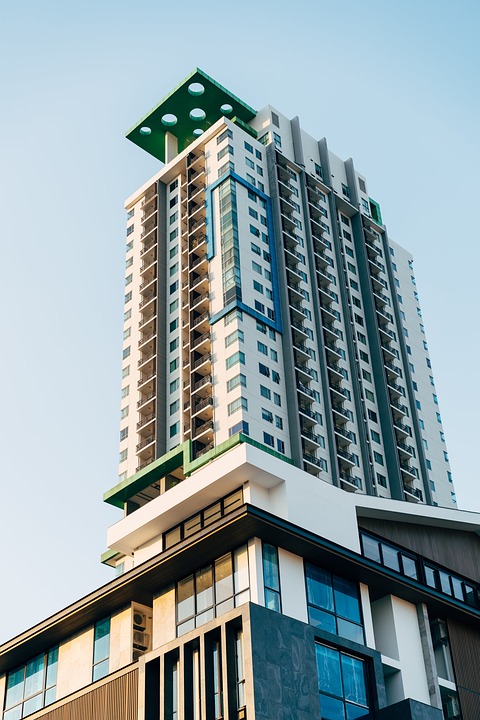
As a first-time landlord, navigating the world of rental property can be daunting. With so many responsibilities and potential pitfalls, it’s essential to be well-prepared to ensure success. In this article, we’ll provide 10 essential tips for first-time landlords to help you get started on the right foot.
1. Set Clear Goals and Expectations
Before diving into the world of rental property, it’s crucial to define your goals and expectations. What type of property do you want to rent out? Who is your target audience? What kind of returns are you expecting? Having a clear understanding of your objectives will help you make informed decisions and avoid potential mistakes.
2. Understand Local Laws and Regulations
Familiarize yourself with local laws and regulations regarding rental properties. This includes understanding tenant rights, eviction procedures, and any specific requirements for landlords in your area. Failure to comply with these regulations can result in costly fines and legal issues.
3. Choose the Right Property
Selecting the right property is critical to your success as a landlord. Consider factors such as location, property type, and target audience. A property in a desirable location with a strong demand for rentals will generally yield higher returns. Additionally, consider the condition and age of the property, as well as any potential for renovation or upgrade.
4. Screen Tenants Thoroughly
Finding the right tenants is vital to minimizing potential problems and ensuring a steady income stream. Develop a comprehensive screening process that includes credit checks, employment verification, and reference checks. This will help you identify reliable and responsible tenants who will take care of your property.
5. Create a Solid Lease Agreement
A well-crafted lease agreement is essential for protecting your interests and outlining the terms of the rental. Include details such as rent, utilities, maintenance responsibilities, and termination procedures. Make sure to have a lawyer review your lease agreement to ensure it complies with local laws and regulations.
6. Maintain a Safe and Habitable Property
As a landlord, you are responsible for ensuring the property is safe and habitable for your tenants. Regularly inspect the property to identify any potential issues, and address them promptly. This includes maintaining functional plumbing, electrical, and HVAC systems, as well as ensuring the property is free from hazards such as mold and lead-based paint.
7. Establish a Maintenance and Repair Plan
Develop a plan for handling maintenance and repairs, including a system for tracking and responding to tenant requests. Consider hiring a property management company or designating a trusted contractor to handle repairs and maintenance. Regular maintenance can help prevent costly repairs down the line and ensure your property remains in good condition.
8. Manage Finances Effectively
As a landlord, you’ll need to manage your finances carefully to ensure a profitable venture. This includes tracking income and expenses, handling tax deductions, and maintaining a cash reserve for unexpected expenses. Consider hiring an accountant or using accounting software to help you stay organized and ensure compliance with tax laws.
9. Communicate Effectively with Tenants
Clear and effective communication is key to a successful landlord-tenant relationship. Establish a system for communicating with tenants, including a preferred method of contact and a process for handling requests and complaints. Regularly check in with tenants to ensure they’re satisfied with the property and address any concerns promptly.
10. Stay Organized and Adapt to Changes
Finally, it’s essential to stay organized and adapt to changes in the rental market and local regulations. Keep detailed records of tenant interactions, maintenance requests, and financial transactions. Stay up-to-date with industry trends and best practices, and be prepared to adjust your strategy as needed to ensure continued success.
In conclusion, being a successful first-time landlord requires careful planning, attention to detail, and a commitment to providing a safe and habitable property for your tenants. By following these 10 essential tips, you’ll be well on your way to achieving rental property success and building a profitable and sustainable business. Remember to stay organized, adapt to changes, and always prioritize effective communication with your tenants. With the right mindset and approach, you can navigate the world of rental property with confidence and achieve your goals as a landlord.